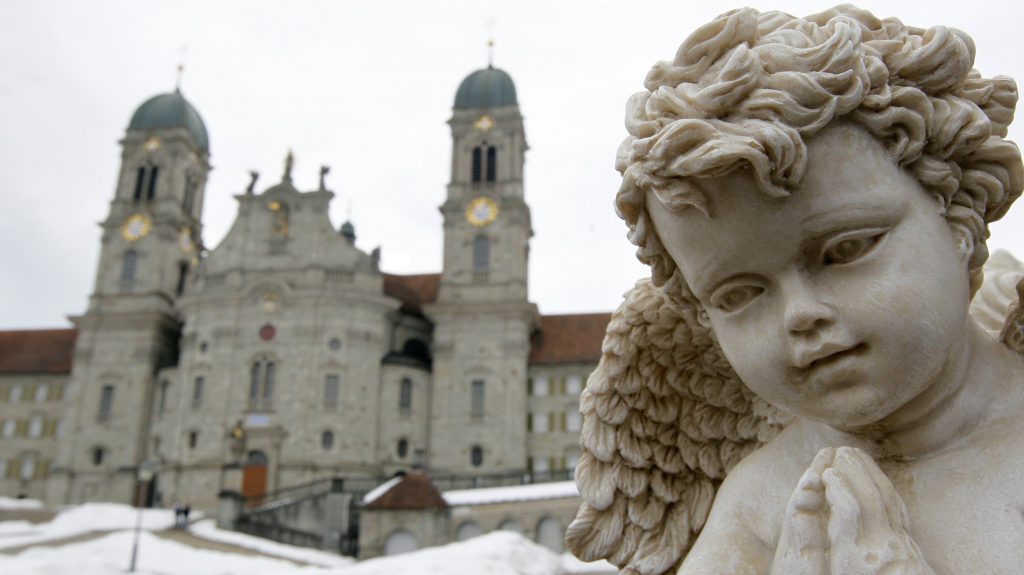The Swiss bishops' conference and the nation's conference of religious orders have commissioned an independent study of sexual abuse cases within the Catholic Church in the country during the second half of the 20th century.
In a statement released Dec. 6, the bishops' conference said two history professors from the University of Zurich -- Monika Dommann and Marietta Maier -- will assemble and lead a team of researchers who will begin their work by March 2022.
"Many people have suffered greatly as a result of sexual abuse within the Roman Catholic Church in Switzerland," the statement said. Undertaking "a scientific reexamination is first and foremost a duty to the victims, especially to learn lessons for the future."
The announcement came after the October release of a report in France by an independent commission which estimated that more than 330,000 children had been abused by church personnel there since the 1950s.
In early November, the Portuguese bishops' conference announced the creation of a national commission to support local dioceses in their investigations into current and historic cases of sexual abuse.
The establishment of the commission came after a group of more than 200 Catholics in Portugal sent a letter to the country's bishops calling for an investigation similar to the one in France into sexual abuse in the church, which they called a "systemic" problem.
The Swiss bishops' conference said that the mandate given to those leading the study "excludes any interference in the project on the part of the clients or third parties."
An independent study, the statement said, "serves to bring justice to the victims" and "show how the voice of victims should be taken into account in the future."
Swiss Bishop Joseph Maria Bonnemain of Chur, secretary of the conference's commission on sexual abuse, said in a statement Dec. 6 that studying the church's handling of abuse "is an urgent necessity" and that "it is right to bring past crimes to light."
"For decades, cases of sexual assault by church personnel were kept under wraps, victims were ignored, and the facts went unpunished," Bishop Bonnemain said. "The independent scientific study must promote transparency and help the church in Switzerland confront its own shortcomings and draw the necessary conclusions."
He also said that a historical inquiry into past sexual abuse cases within the Catholic Church was important because "everything shows that the causes of abuse in the church are not just individual but systemic."
"This in-depth study is another important step by which we will follow up our admission of guilt with concrete measures," Bishop Bonnemain said. "We hope that the careful comparison with the past will encourage other victims to react to the abuse they have suffered and possibly to report it."
The study, he added, "also gives us the basis for assuming our responsibility as an institution more decisively and for adapting our structures in such a way that cases of sexual exploitation will no longer happen in the future."

